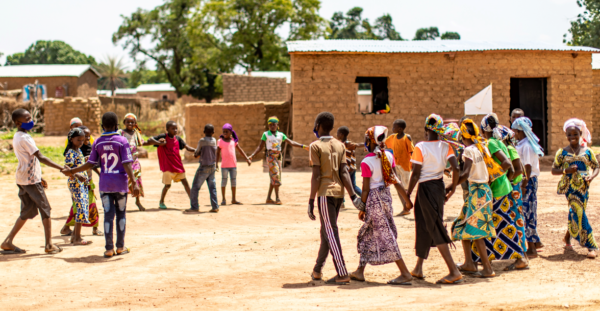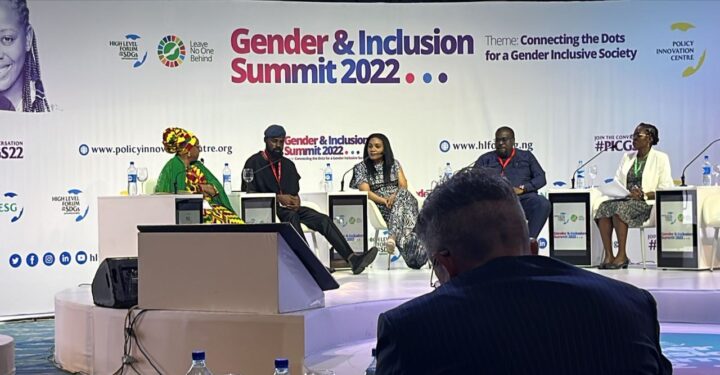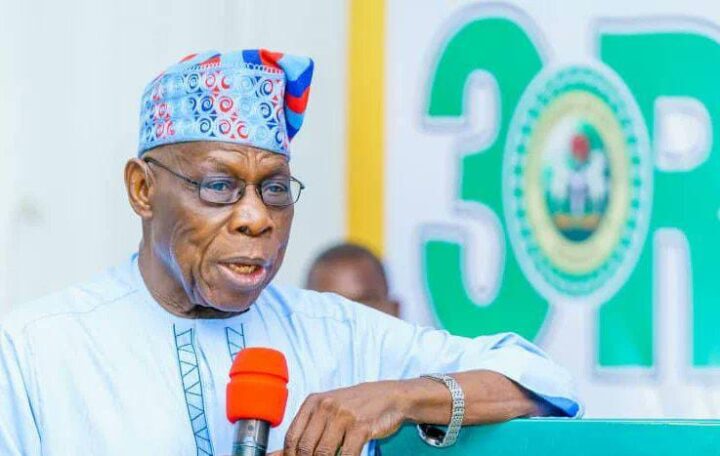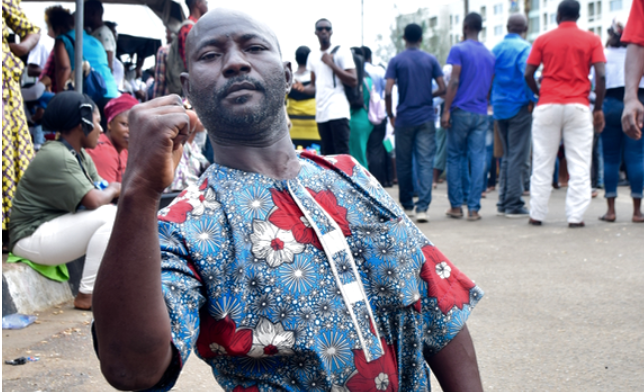The United Nations Children’s Fund (UNICEF) says children should be protected and not marginalised based on their race, ethnicity, religion and language.
Catherine Russell, UNICEF executive director, said this in a statement on Saturday.
Russell said a new report — published to commemorate World Children’s Day on November 20 — shows that there is a surge in the rate of discrimination against children across the world.
The report underlines the impact of discrimination and exclusion of children from ethnic and minority groups, including those living with disabilities, and lack of access to immunisation, water and sanitation services, and fair justice system, among others.
Advertisement
She said children who are marginalised don’t have the same progress level as their peers, adding that they are deprived in the areas of education, health, access to a registered birth, and a fair justice system.
“Systemic racism and discrimination put children at risk of deprivation and exclusion that can last a lifetime,” she said.
“This hurts us all. Protecting the rights of every child – whoever they are, wherever they come from – is the surest way to build a more peaceful, prosperous, and just world for everyone.”
Advertisement
The UNICEF director said marginalised children have poor reading abilities, adding that students between 7-14 years from privileged groups are expected to have more foundational reading skills.
“Nigeria has 18.3 million children who are not in school, and a high number of children attending schools but not getting a solid education that can translate into good prospects for their future,” she said.
“While this crisis affects children across the country, girls, children with disabilities, children from the poorest households, street children, and children affected by displacement or emergencies are affected more.
“Discrimination and exclusion deepen intergenerational deprivation and poverty and result in poorer health, nutrition, and learning outcomes for children, a higher likelihood of incarceration, higher rates of pregnancy among adolescent girls, and lower employment rates and earnings in adulthood.
Advertisement
“On World Children’s Day and every day, every child has the right to be included, to be protected, and to have an equal chance to reach their full potential.
“All of us have the power to fight discrimination against children – in our countries, our communities, our schools, our homes, and our hearts. We need to use that power.”
Add a comment






